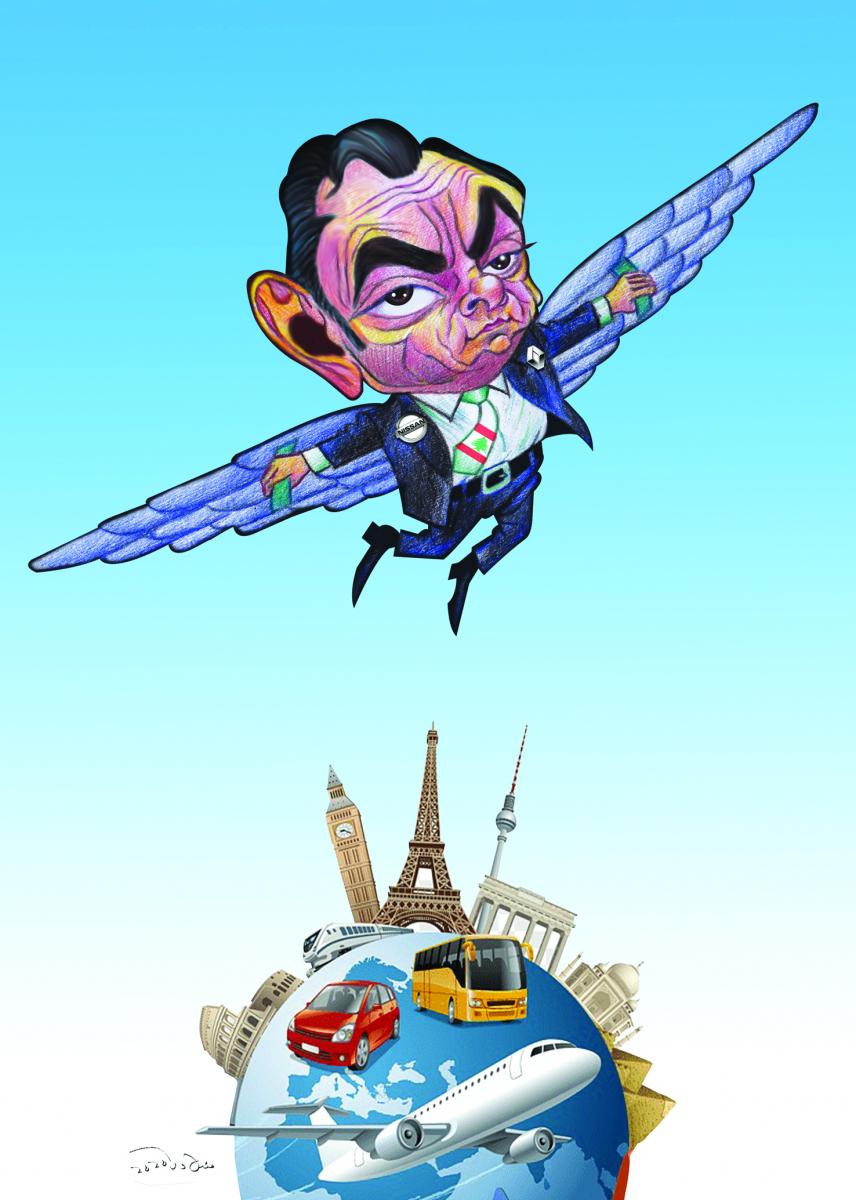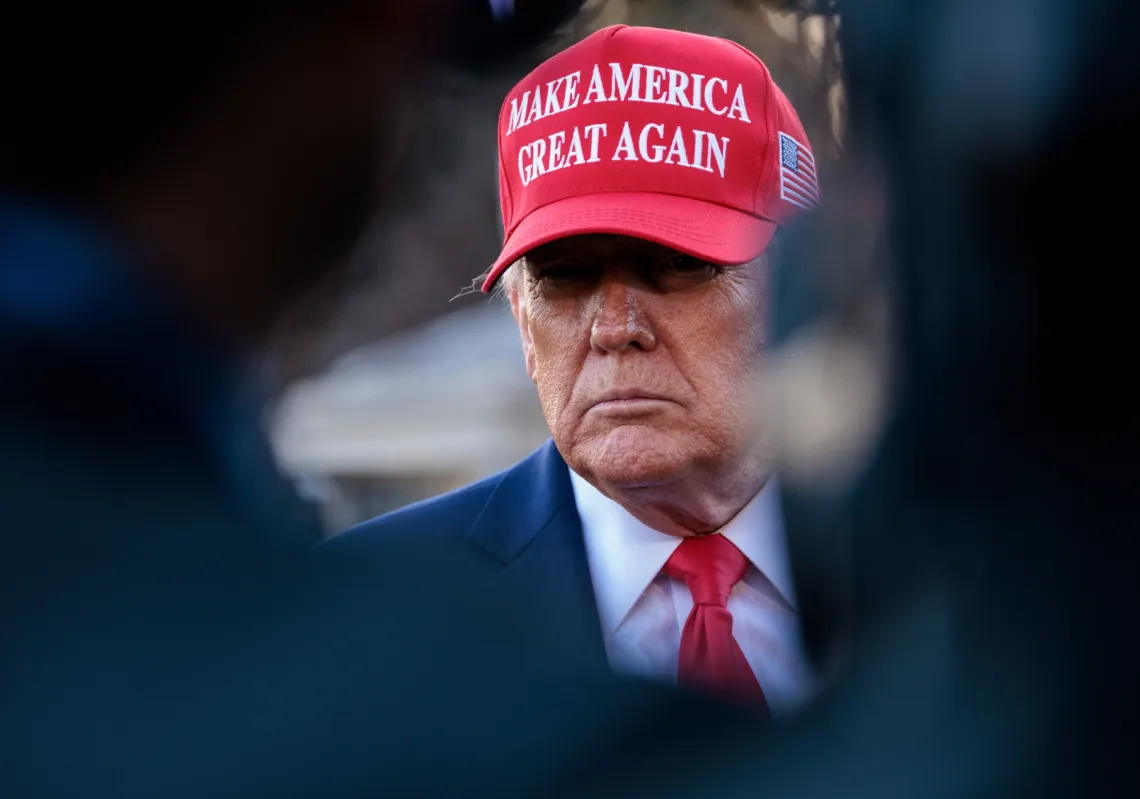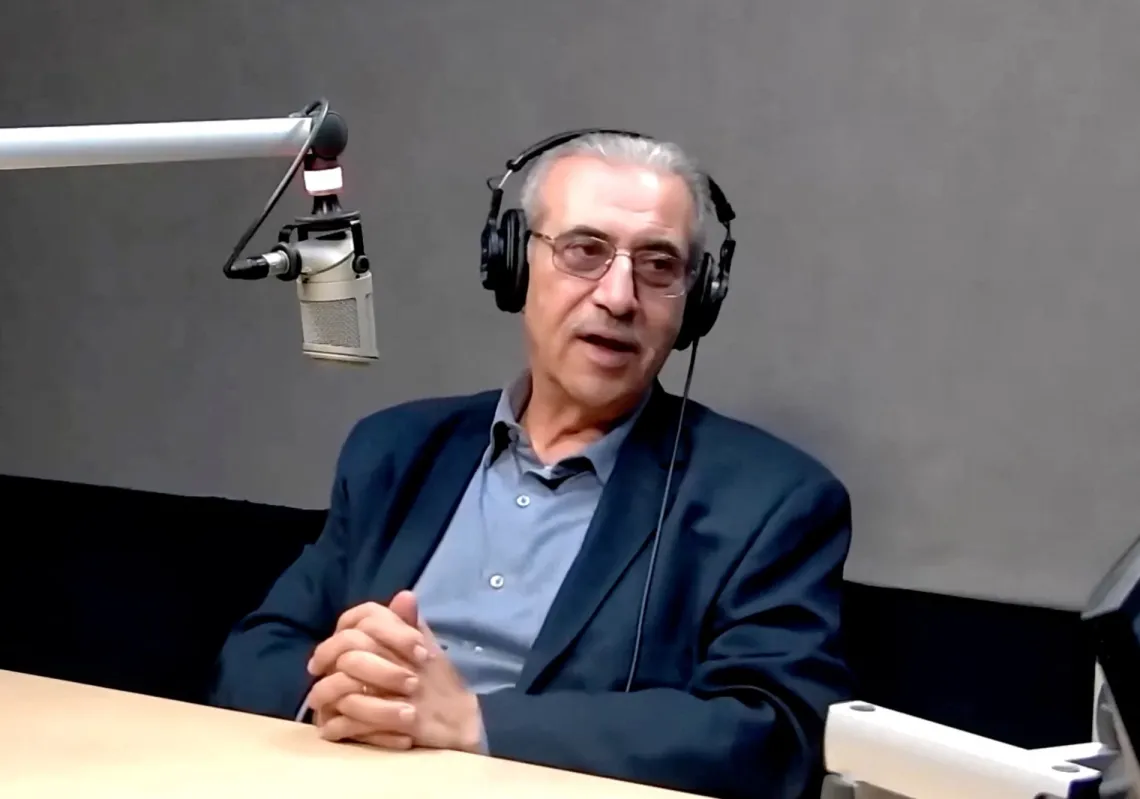
Carlos Ghosn is an automotive tycoon of French Lebanese origin famed most as the CEO and chairman of Renault and Nissan. He is known as ‘Le cost killer’, ‘ice breaker’ and ‘Mr. Fix it’ for the way he orchestrated financial turnaround at Nissan. Now, he is one of the most famous white-collar fugitives in recent years.
Ghosn was born in Porto Velho, Brazil, on March 9, 1954, to Lebanese immigrant parents. After spending time in Beirut as a child, he studied at the prestigious École Polytechnique in Ecole Polytechnic (1974) and Ecole Des Mines De Paris (1978) to obtain engineering degrees before joining Michelin. He speaks in his autobiography of always feeling slightly different because of his background. This cultural diversity, he says, made him more willing to integrate and understand other countries. It's one reason he succeeded in Japan's relatively insular corporate environment. Being multilingual has also helped. He is fluent in Portuguese, Spanish, Italian, French and English, and picked up a good working knowledge of Japanese during his time at Nissan.
His first job was at Michelin, the largest tire manufacturer in Europe. From 1978, he spent 18 years in the company where he was gradually promoted to higher positions in France and Germany. He went on to become the Chief Operating Officer of the tire company’s South American operations. In 1990, he became CEO of Michelin North America. His role included car engineering, development, advanced research, powertrain operations, car manufacturing and procuring and administration of Renault doings in South America.
Ghosn was poached by Renault in 1996, where he was nicknamed “Le Cost Killer” for his brutal restricting program. He helped the ailing company return to profitability within a year. He then joined Nissan as the Chief Operating Officer in 1999 while it was under $20 billion and very few its models were lucrative. Once again Ghosn worked his magic and even received some criticism from the Wall Street Journal that disapproved of his radical methods. But contrary to these accusations, Nissan’s profits elevated from their loss of more than $6 billion to a profit of $2.7 billion, cementing Ghosn’s status as one of the world’s most successful business leaders.
During the last decade, Ghosn championed consolidation and alliances as the only way forward for a global motor industry that was sinking into recession and needed to tackle overcapacity That strategy continued in 2016 when he took charge at Mitsubishi after Nissan threw its struggling Japanese rival a lifeline, buying a one-third stake for about $2.2bn (£1.5bn at the time). That three-way alliance has itself formed partnerships with other carmakers in Europe, China, and Russia.
Ghosn not only turned around Nissan, but he also became a superstar in the process. In a 2011 nationwide poll of who the Japanese would like to run their country, he came seventh, in front of Barack Obama (ninth). Another poll said he was the man most Japanese women wanted to marry. All that serves to illustrate just how shocking it was when Ghosn's glittering career abruptly imploded when he was arrested in Japan on charges of financial misconduct – which he denies – in November 2018. waiting. He has been accused by Nissan of under-reporting his salary and using company assets for personal use. But some see it as part of the firm's attempt to rebalance power in its alliance with Renault and Mitsubishi.
Renault and the French government continued to support him at first, presuming him innocent until proven guilty. However, they ultimately found the situation untenable and Ghosn was made to retire as chairman and CEO of Renault on 24 January 2019. While out on bail granted in early March, Ghosn was re-arrested in Tokyo on 4 April 2019 over new charges of misappropriations of Nissan funds. On 8 April 2019 Nissan shareholders voted to oust Ghosn from the company's board. He was released again on bail on 25 April. In June Renault uncovered 11 million euros in questionable expenses by him, leading to a French investigation and raids. Ghosn later fled from Japan to Lebanon on 30 December, breaking his bail conditions. The details of his escape remain sketchy, with Japan saying it is still investigating how he managed to slip past strict security measures imposed as part of his bail conditions but theorizes about how he escaped include hiring private security operatives and fleeing in a musical instrument case. On 2 January 2020, Interpol issued a red notice to Lebanon seeking Ghosn's arrest.








